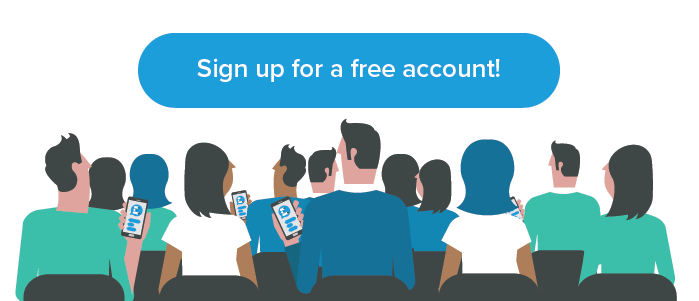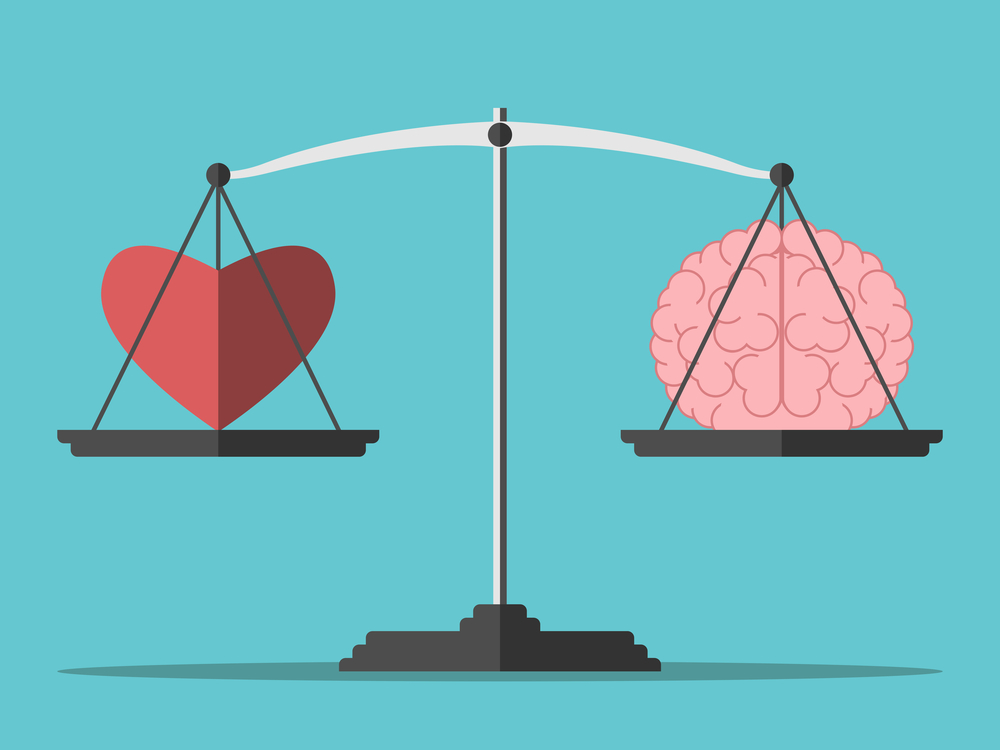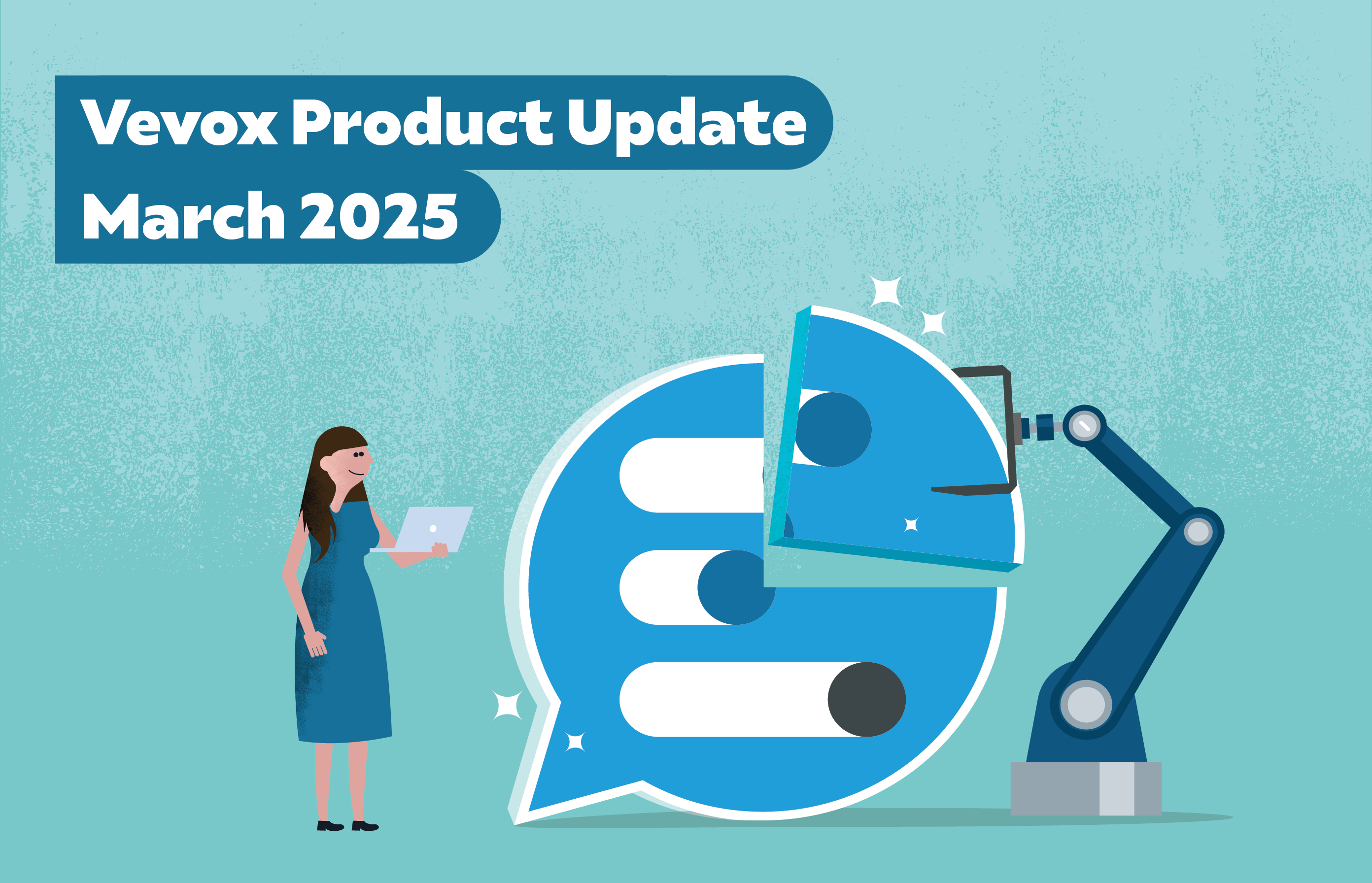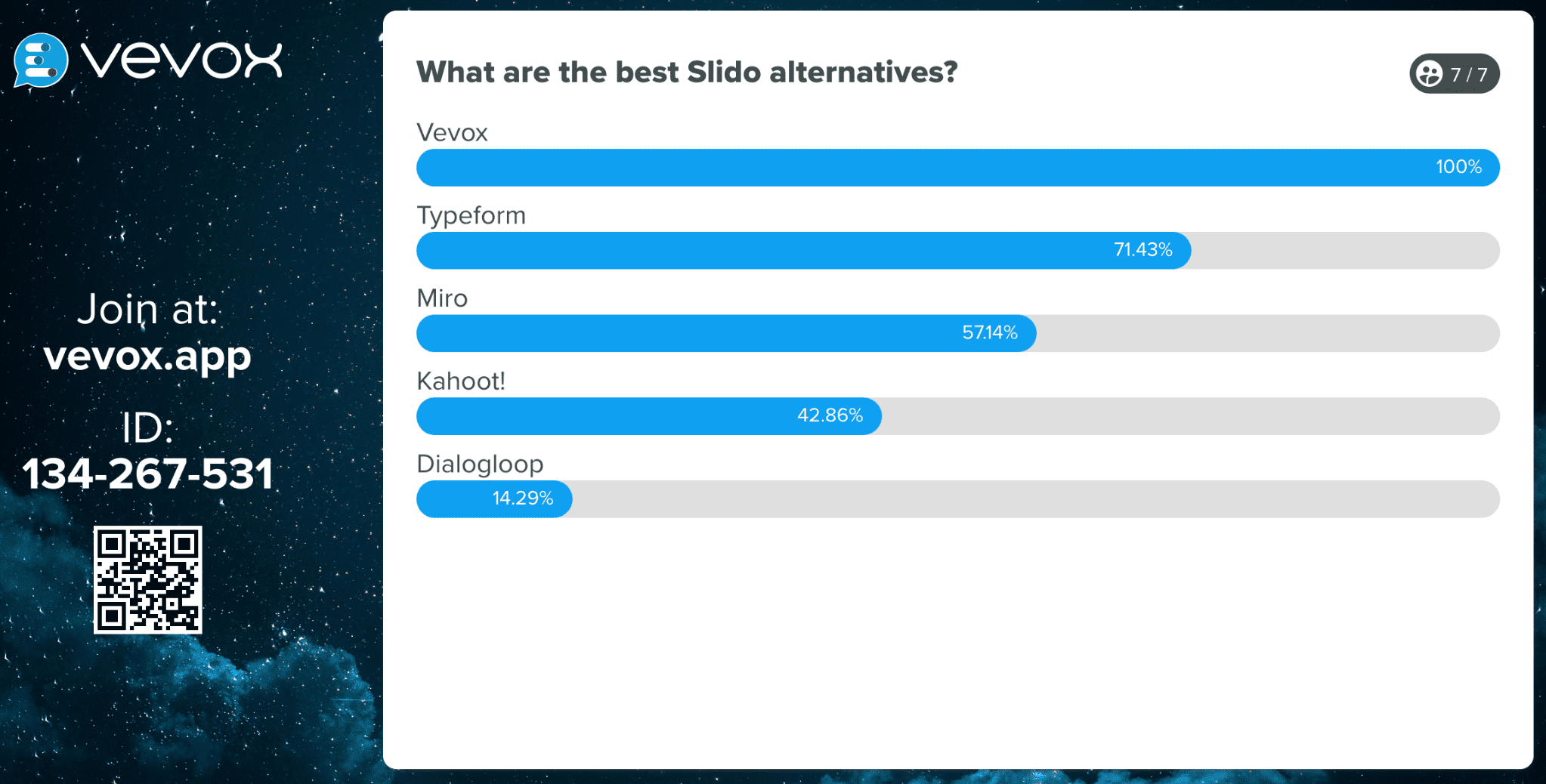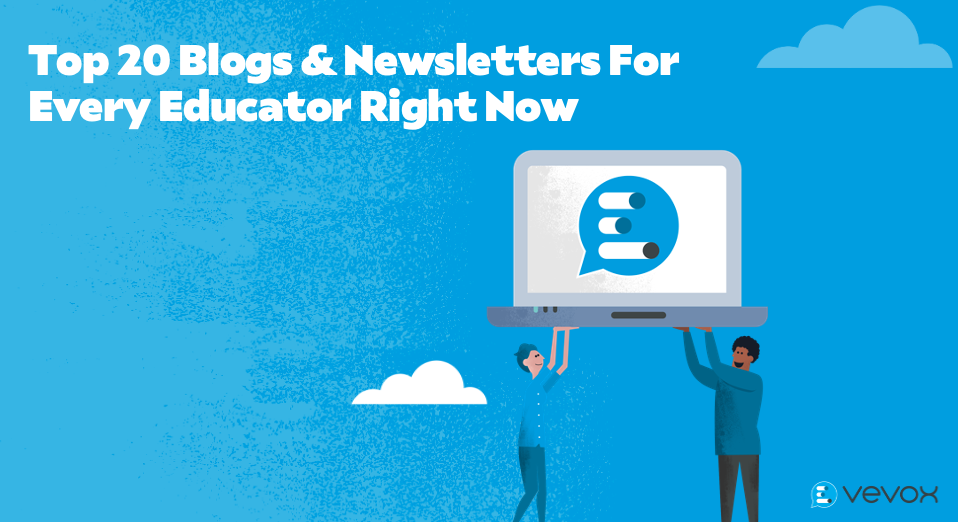Whether we’re searching for a job, or recruiting for a vacancy, the process revolves around CV's, portfolio's, and the information you can glean from a LinkedIn bio or a company’s Glassdoor page. It’s all about the credentials, rating and awards.
Recruiters and prospective employees alike are typically laser focussed on qualifications, professional experience and intellect, but how often do we examine emotional intelligence and how much does this play a part in making the employee and employer a good fit for each other?
Here, we’re going to look at 5 ways you can develop emotional intelligence and why it is so important.
Understanding the Five Elements
Not earth, wind, air, fire and water, but tapping into the following emotional elements can form a pretty powerful and influential dynamic in the workplace.
Self-awareness – Acknowledging and then working on developing your own self-awareness is really the foundation of emotional intelligence. How aware are you of the things that make your day more productive and successful? How does your morning routine or your commute affect your mood, how easily do you get distracted during the day? If you have a good lunch break how does this influence your afternoon? Do you balance your ability to talk and listen in meetings and what language do you choose when you write your emails?
A lot of these things are subconscious as we function on autopilot for a good chunk of our day, but they have a huge impact on how you feel and how you interact with your colleagues, and how you are perceived. To develop your own self-awareness, take time out of your day and notice things about how you feel and how you react in different situations.
All it takes is a couple of minutes of being mindful. Once you have made your observations you can identify any areas that might be less than optimal and make a conscious decision to make improvements.
Self-regulation – Once you are more in tune with what triggers you for the better (or worse), you can start to identify where your boundaries are. By understanding your own values and what is important to you, you will develop your own ethical or moral compass to help guide decision making
How you behave and your reactions to how others behave is one of the biggest determining factors in happiness and wellbeing in the workplace, so its important to check in on yourself and take time out regularly (self-awareness) to make sure everything is healthy.
Being accountable is also a part of self-regulation. Make commitments to yourself and your colleagues and keep them and acknowledge when you have made mistakes. This builds trust, which is another cornerstone of a happy workplace. Read more about building trust in the workplace here.
Motivation – Contrary to popular belief, motivation is not something that you ‘find’, it’s something you create. Motivation is driven by your ‘why’, your reason for doing what you do. Motivation is more easily cultivated in the workplace when employees know where they stand, feel valued for their contribution and have job security.
Motivation also requires a dose of positivity. Psychologists and NLP practitioners have found that motivation works best when people feel compelled to work towards a positive goal than being driven away from something negative, such as a fear or being blamed. So next time you, or your employees need some motivation, find the ‘why’ and make it positive.
Empathy - For a happy working environment, we all need to have the ability to try and see things from someone else’s perspective. It’s impossible to really know what other people expect or how they feel but colleagues and employees like to feel seen and heard so make time to listen to and take the opportunity to give constructive feedback. If you are in a management role, consider using an anonymous feedback app to ask for suggestions or take on board people’s reactions.
Social Skills – Developing social skills isn’t just about turning up to the odd meet up at the pub after work. As leaders and colleagues, we need to be able to ‘read the room’ and understand when a different approach or further action might be needed.
There are times when challenges might arise, and we may need conflict resolution skills. Conflict can be anything from a minor disagreement in a meeting to something a lot more serious, but in either case its important to know how to handle ourselves and how to help diffuse and resolve these situations. Some people may naturally have these skills but there are courses available for more formalised training.
Communication in the workplace has many layers that all overlap, especially in larger organisations, so it is important for everyone to know what channels are available and the guidelines for each. Knowing what is available and appropriate can help employees to best direct their messages which is more productive and issuing guidelines to new starters is essential.
Offering praise and recognition is also a social skill. Each organisation will have its own requirements but its important to develop a system for highlighting both individual and team successes that is unbiased. Some people find taking praise awkward or embarrassing, so if you’re in a position that requires you to give praise, find out what works for your employees and learn how to communicate with them that their work is appreciated.
The benefits of emotional intelligence
As you can hopefully now appreciate, our emotional intelligence affects how we show up in the world, especially at work. By better understanding ourselves, we can understand our colleagues and create a more positive and productive working environment. It goes without saying that we need technical, academic and practical skills but we also need these ‘softer’ skills too.
Increased emotional intelligence can help employees stay calm under pressure and prevent or resolve conflicts, increase empathy and improve working relationships through better listening skills and constructive feedback, and ultimately can lead to making better business decisions.
